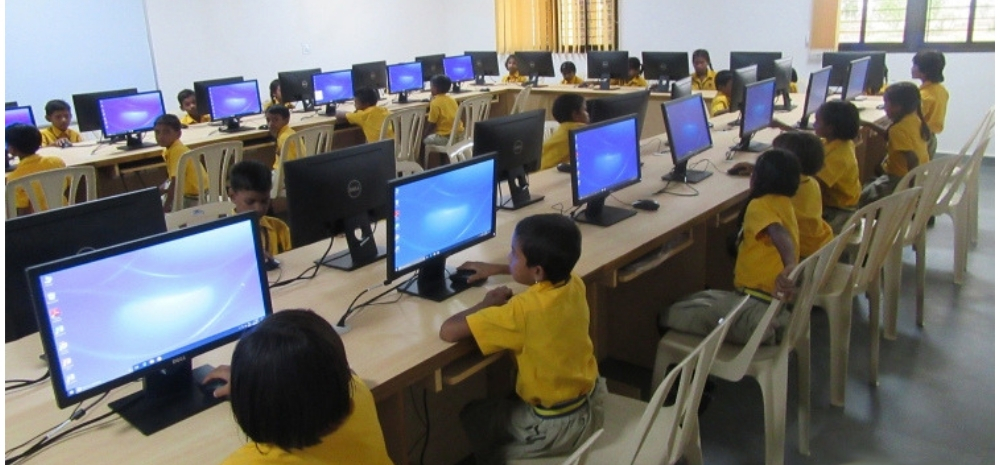Schools Should Reduce Fees, Says Supreme Court; Can’t Charge For Facilities Not Used

It has been over a year now, that schools have been conducting classes online, a 180-degree shift from the traditional face-to-face mode of classroom learning to digital platforms.
With respect to online teaching, the Supreme Court has acknowledged and held that private schools charging fees for activities and facilities which are not being availed by the students due to lockdown, shall be termed on the lines of ‘profiteering’ and ‘commercialization’.
SC Demands Schools to Willingly Reduce Fees
The Supreme Court observed that as classes have been conducted online since over a year, schools must have saved significantly on overheads and operational costs.
This means they must have saved at least 15% this way, hence they should extend a deduction in annualSchools Should Reduce Fees, Says Supreme Court; Cant Charge For Facilities Not Used fees to proportional units.
Livelaw quotes the SC on this matter, stating that schools ‘must willingly and proactively’ reduce fees in a similar fashion.
Additional Fees Demanded for Unavailed Activities
The apex court followed the precedents laid down in TMA Pai, PA Inamdar and other cases, as per which the fees charged by the educational institutions must be equivalent to their services and they cannot indulge in ‘profiteering’ or ‘commercialization’.
The Court acknowledged that while a private institution has the autonomy of fixing its own fees, the State will impose regulations shall these institutions practice profiteering and commercialization.
Additionally, in the ‘Indian School, Jodhpur vs State of Rajasthan and others’ case, multiple appeals challenging an order passed by the Rajasthan government were filed, as per which the state CBSE schools were allowed to collect only 70% of the annual school fee, while state board schools, only 60%.
In its ruling, the bench allowed schools to collect annual tuition fees after giving a deduction of 15% towards the savings made on account of overheads and operational costs.
While allowing schools to charge 85% of the annual fees, the Court also directed that no student was allowed to not attend online or physical classes, or exams, on account of non-payment of fees.

Comments are closed, but trackbacks and pingbacks are open.